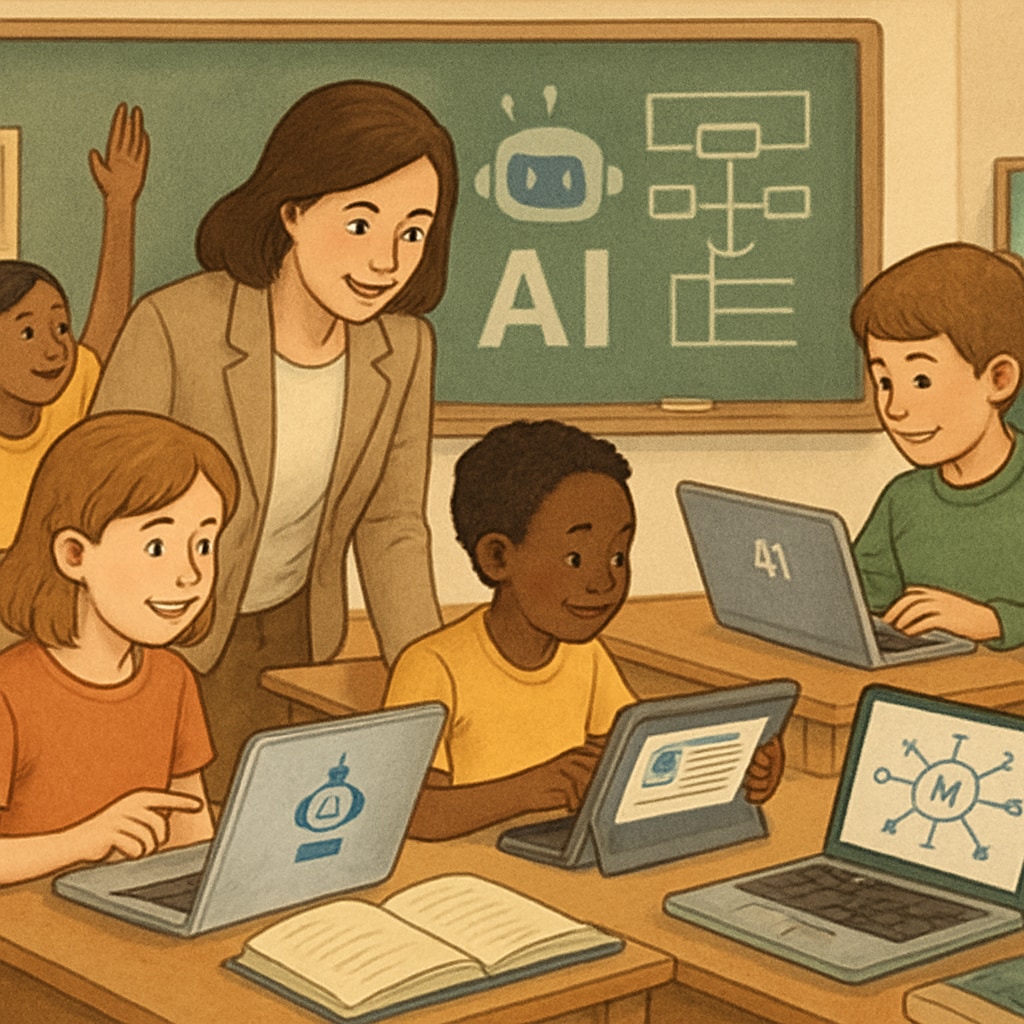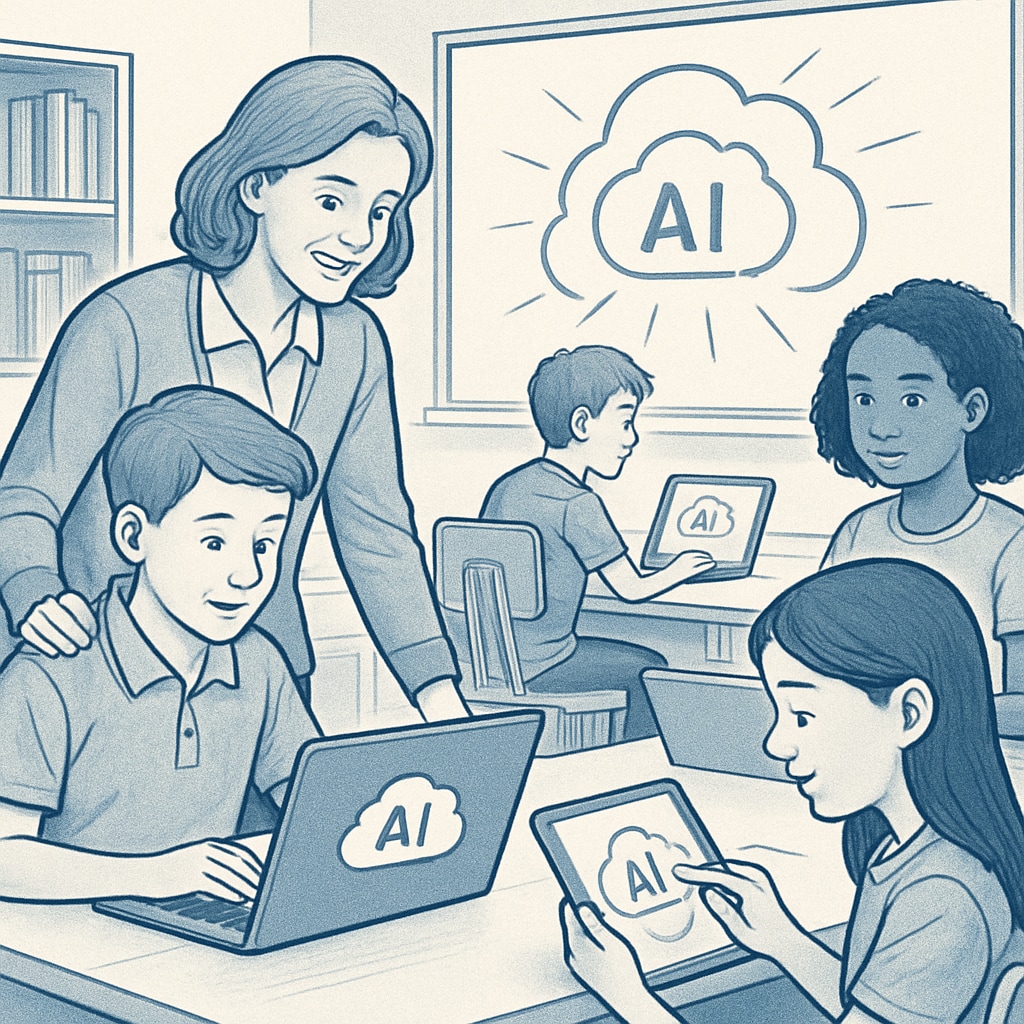Melania Trump’s recent efforts to establish a White House Artificial Intelligence (AI) task force underscore the importance of responsible AI development. This initiative sets the stage for exploring how AI can be employed in K12 education, balancing technological empowerment with proper oversight to ensure equitable and effective learning experiences for students across diverse backgrounds.
Responsible AI in Education: Moving Beyond Automation
The application of AI in education has expanded significantly in recent years, with technologies like personalized learning algorithms, virtual tutors, and automated grading systems becoming commonplace. However, as Melania Trump’s White House AI task force suggests, these advancements require careful consideration to avoid unintended consequences, such as biases in AI models or the over-reliance on automation at the expense of human interaction.
For example, AI-driven tools can improve accessibility for students with disabilities by offering adaptive learning environments tailored to individual needs. At the same time, responsible development requires transparency in how these systems operate and a commitment to ethical practices in data collection and privacy.

Balancing Innovation with Regulation in K12 Education
One of the key themes emphasized by the White House AI task force is the balance between innovation and regulation. While AI holds promise in enhancing educational outcomes, its implementation should be guided by strong governance frameworks to ensure accountability and fairness. For instance, AI applications in education should be free from biases that could negatively impact underserved communities or reinforce existing inequalities.
Additionally, educators must be equipped with proper training to effectively incorporate AI tools into their teaching methods. This not only ensures the optimal use of technology but also empowers teachers to remain central to the educational experience. The combination of AI and human expertise can lead to transformative results, offering students personalized learning paths while retaining the critical role of mentorship.

Building a Framework for Responsible AI Development
The establishment of Melania Trump’s White House AI task force provides an opportunity to develop a comprehensive framework for responsible AI deployment in K12 education. Key elements of this framework could include:
- Data Privacy and Security: Protecting student data and ensuring compliance with privacy regulations.
- Bias Mitigation: Implementing safeguards to prevent discriminatory outcomes in AI-driven educational tools.
- Transparency: Making AI algorithms and their decision-making processes accessible to educators and stakeholders.
- Teacher Training: Providing professional development programs to help educators integrate AI effectively.
Moreover, collaboration between policymakers, educators, and AI developers is essential to address these challenges. By fostering dialogue among these groups, the task force can lay the groundwork for an AI-powered educational landscape that prioritizes both innovation and ethical accountability.
The Future of AI in K12 Education
As AI continues to evolve, its potential in K12 education is immense. From enabling personalized learning experiences to addressing gaps in educational equity, the possibilities are vast. However, responsible development—guided by initiatives like Melania Trump’s White House AI task force—will be crucial in shaping a future where technology serves as an ally to educators and students alike.
In conclusion, the intersection of AI and education offers promising opportunities, but only through responsible management can these technologies truly empower the next generation. By emphasizing transparency, equity, and collaboration, the White House AI task force provides a blueprint for leveraging AI in ways that benefit all students while safeguarding their rights and well-being.
Readability guidance: The article uses short paragraphs, clear transitions, and lists to summarize key points. It balances technical insights with accessible language to ensure readability for a broad audience, including educators and policymakers.


